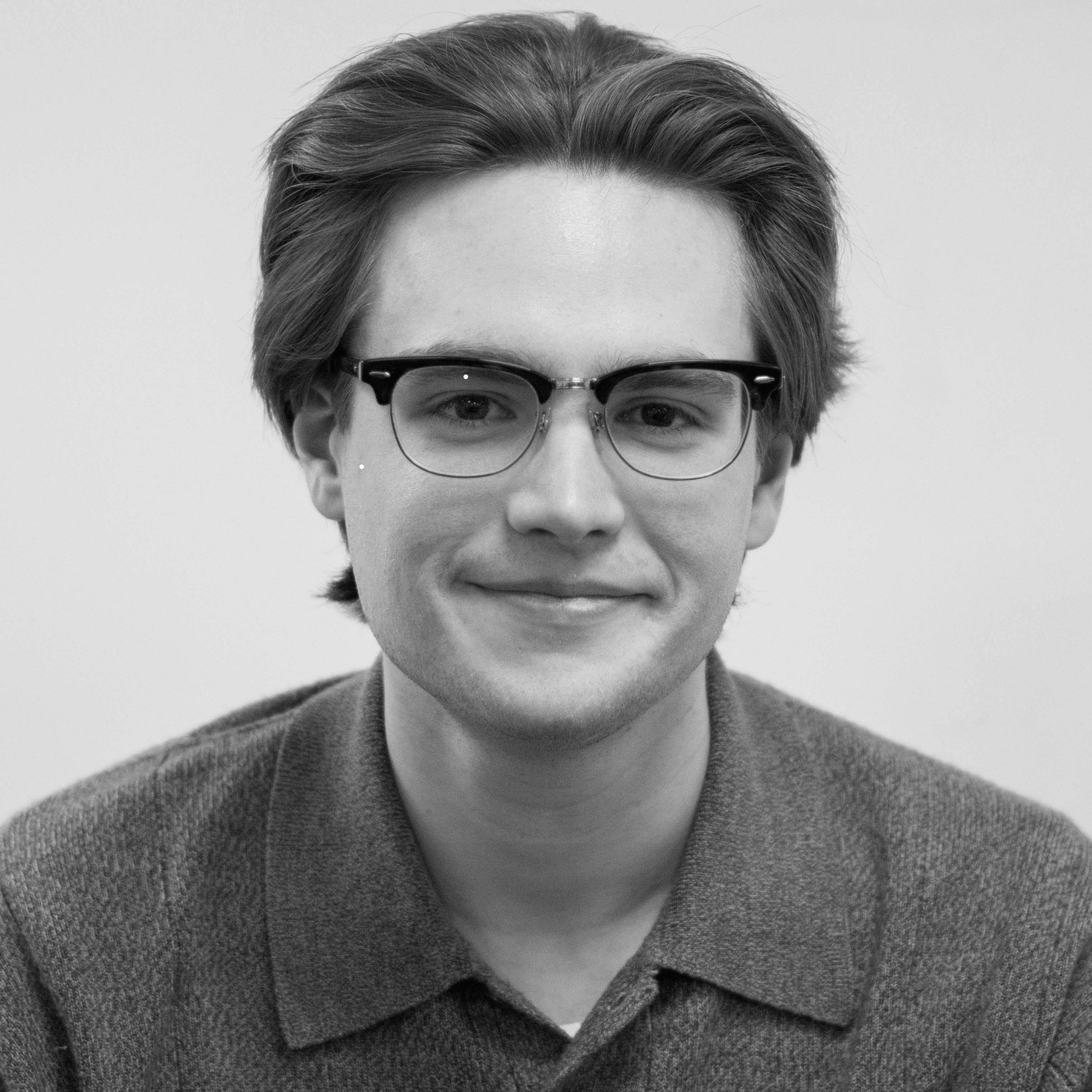UR Ventures’ Technology Development Fund (TDF) is entering its ninth round of funding this fall. TDF provides UR graduate and faculty researchers with anywhere from $40,000 to $100,000 to launch research ideas and proto-inventions into proof-of-concept and eventual success in the marketplace.
Director of URVentures Scott Catlin states that TDF was started in 2010 at the request of Hajim School of Engineering and Applied Sciences Dean Robert Clark.
“The impetus was a recognition of a basic gap in our technology commercialization process […],” Catlin said. “It is usually not enough to have an idea and some basic research. Rather, most companies and investors want to see some level of proof to de-risk the idea and make it more valuable in the business sense.”
Since its inception, approximately two to four applicants per round have received money from TDF. Anywhere between 12 and 20 “pre-proposals” are received each application period. Applications have been received for innovations in materials science, mechanical engineering, optics, biomedical engineering, and pharmaceuticals, among other fields. The emphasis of TDF is on development, but there are no formal restrictions on an invention’s field.
TDF accepts applications from UR students, employees, and faculty members doing University-affiliated research, and are accepted biannually in April and September. This fall, the deadline to submit an initial proposal is Oct. 15.
The application process is divided into two stages: pre-proposal and full proposal. Once pre-proposals have been submitted, finalists are determined by a screening committee. In order to fulfill the TDF’s mission, the money is coupled with a business-based review and mentoring process.
“We use mostly alumni in the business world to review the applications,” Catlin said. “[The alumni] then provide input on the development plan, and in many cases mentorship throughout the project.”
Once an invention has been deemed worthy of funding, it must meet a series of predetermined developmental milestones. These requirements vary depending on the nature of the technology being developed. Finalists are selected for funding after an oral presentation to the screening committee.
Catlin, a former patent attorney, said that UR Ventures handles the licensure of these patents to outside companies to “carry [its] inventions and research into commercial products and services.” Only those inventions that use UR resources fall under the jurisdiction of UR Ventures. To be eligible to apply for TDF, a researcher or research group must have submitted an invention disclosure to UR Ventures.
TDF finances itself based on the sale of previously-funded innovations. Once a technology starts receiving royalties, TDF is paid back three times what it had invested in the project.
“We have not had any of the projects begin receiving royalties to date,” Catlin said. “It has been funded since inception mostly by philanthropic donations, plus support from [UR].”
The current Fund Manager is Omar Bakht. More information about TDF and the application process can be found on the TDF website, http://www.rochester.edu/tdf/.
Ransom is a member of
the class of 2017.

